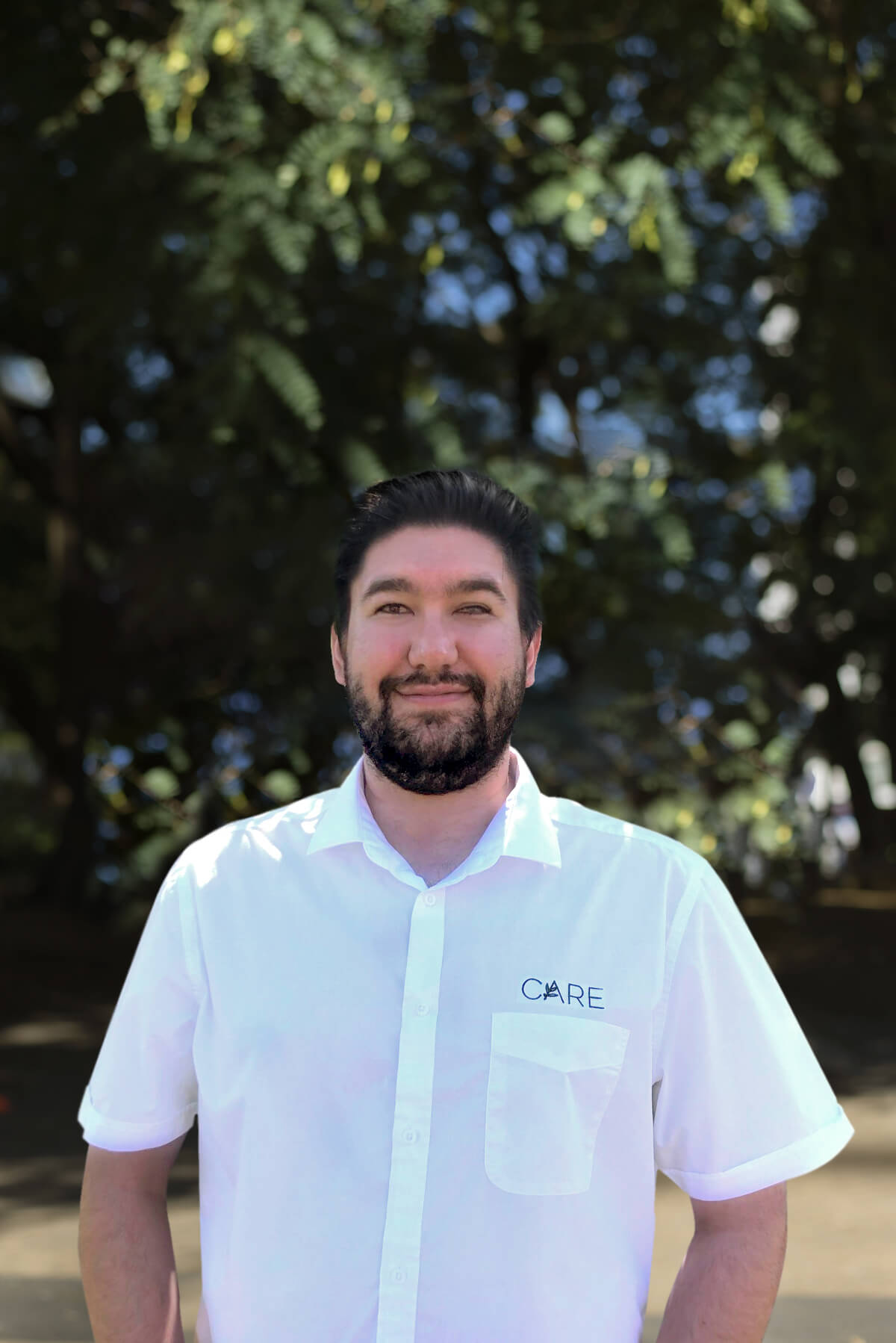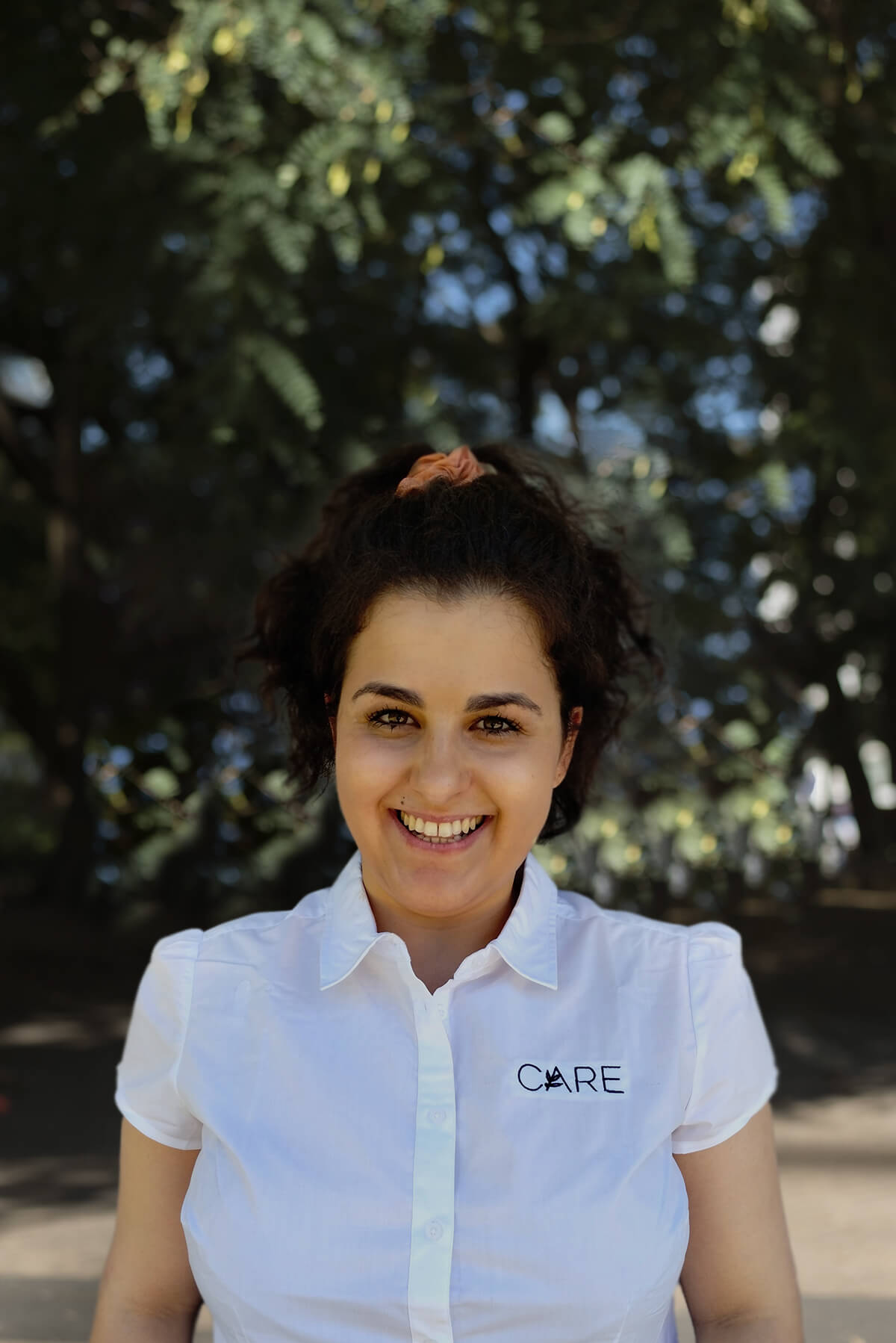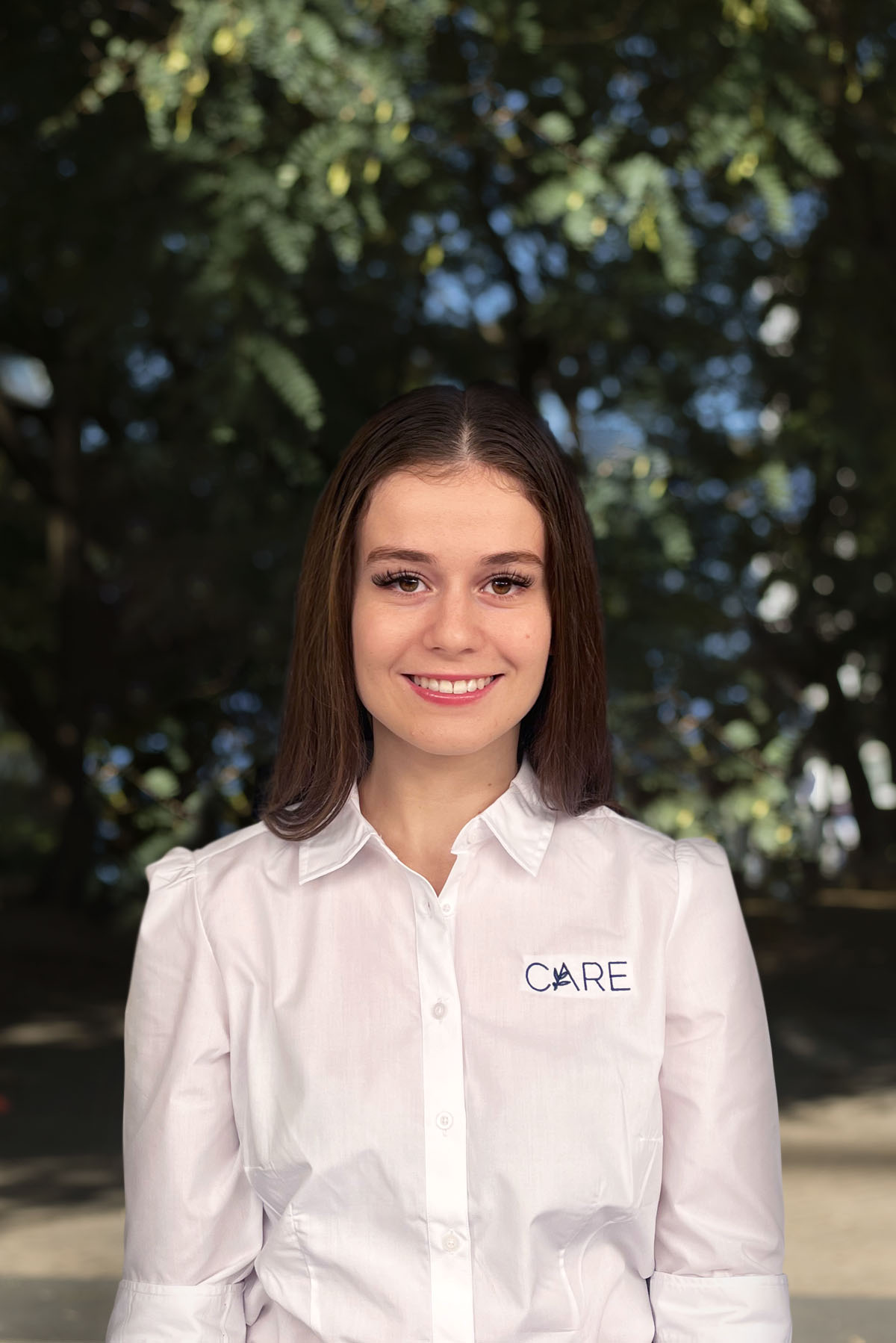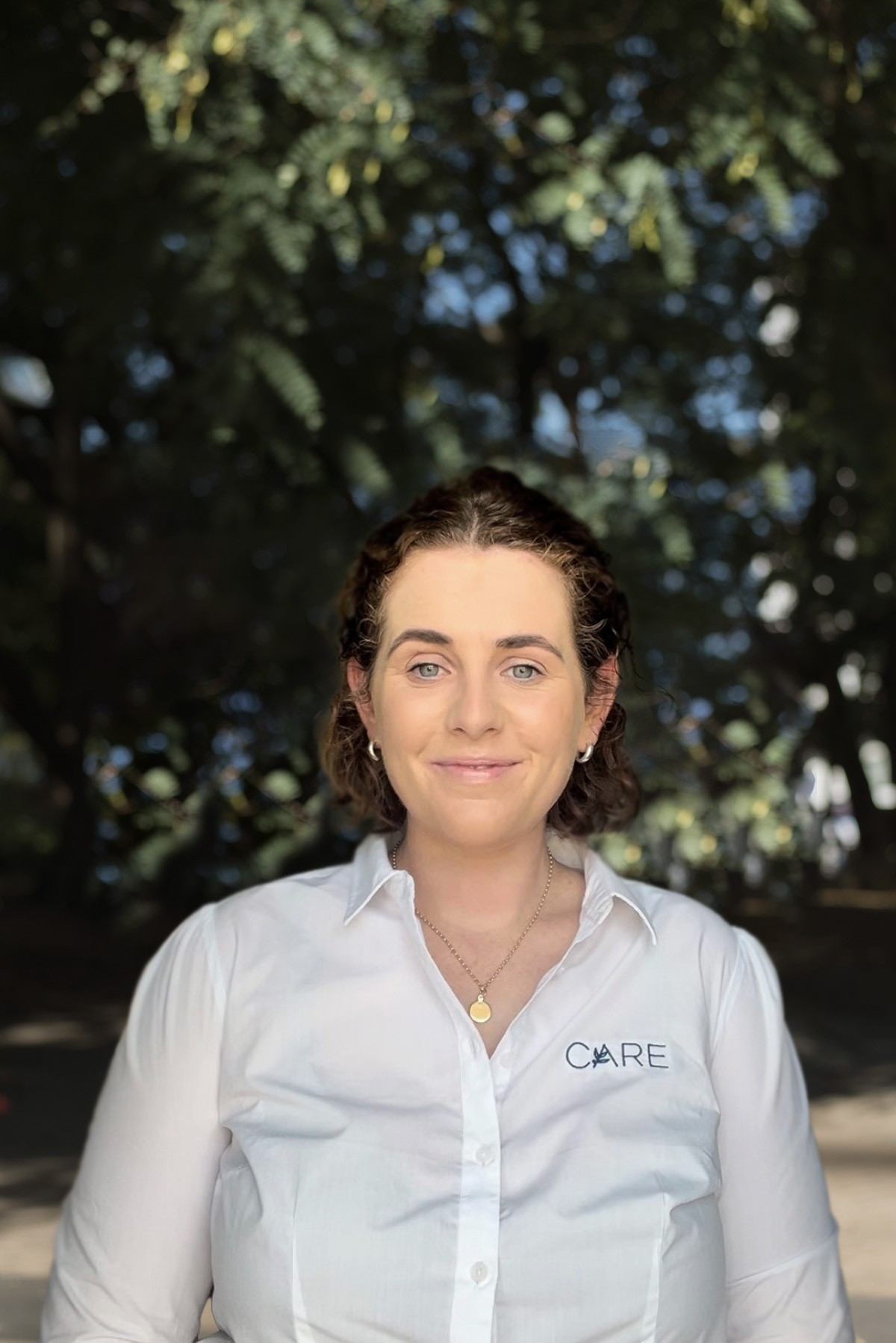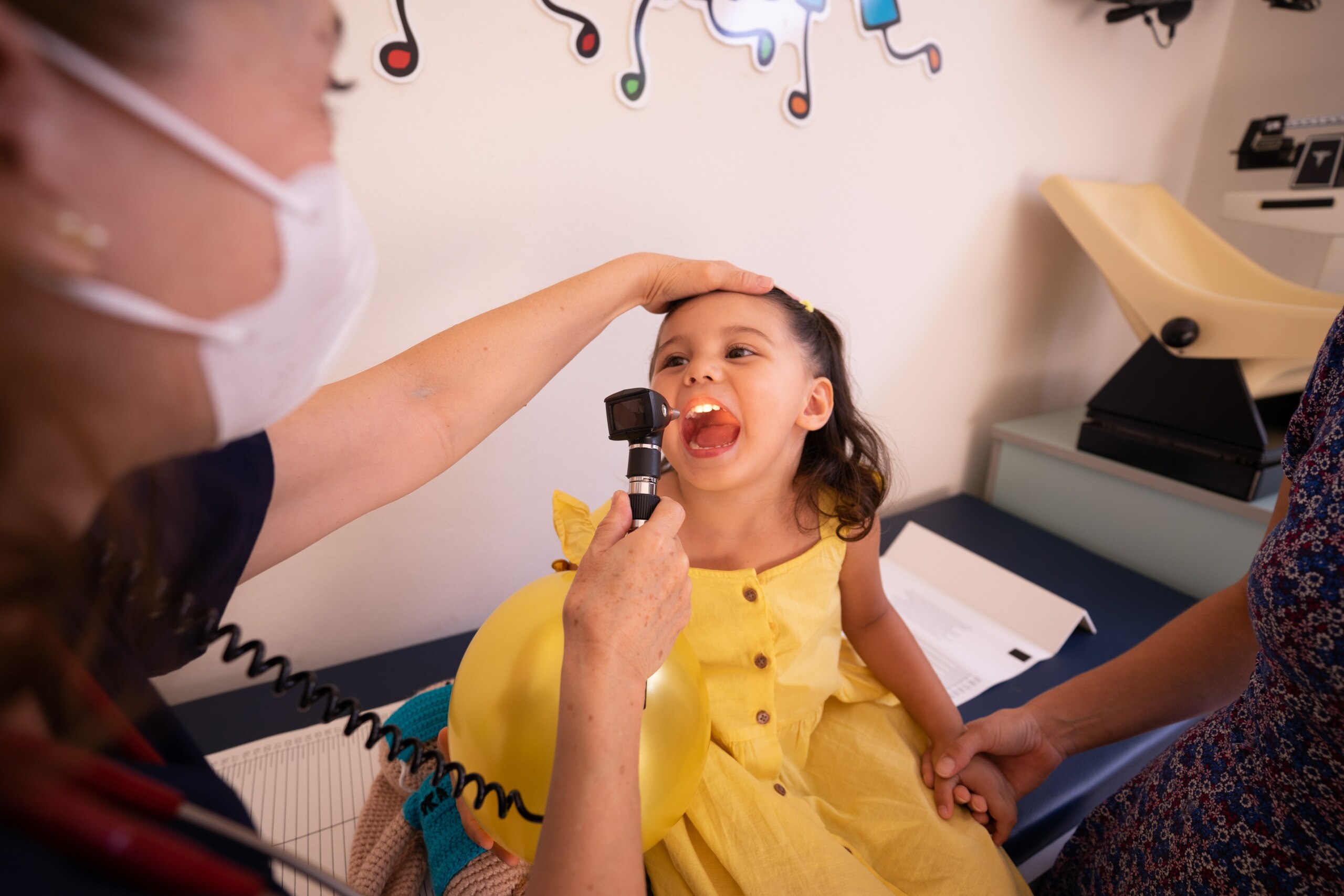Care Speech Pathology
Childhood Apraxia of Speech (CAS)
Childhood Apraxia of Speech (CAS) affects one to two children in every thousand children in Australia. Many people have never heard of CAS, so it can be a shock when your child is given a CAS diagnosis for the first time. However, it is important to know you are not alone. Hundreds of families around the country are supporting a child with CAS every day. The good news is, Speech Pathologists in Australia are specially trained to improve the speech of children with CAS, by using evidence-based programs and intensive intervention.

At Care Speech Pathology, we know how to help.
You have probably noticed a range of subtle (and some not-so-subtle) signs if your child has CAS. These might include some or several of the following:
Limited babbling or cooing as an infant
Delayed first words
Difficulty imitating speech sounds or repeating words or phrases accurately
Inconsistent speech errors
Difficulty with longer or more complex words or phrases
Difficulty with multi-syllabic words
Slow and effortful speech, with pauses or hesitation between words or syllables
Not able to produce all the consonant and vowel sounds expected for their age
Substitution of similar sounds
Atypical intonation or stress (emphasis) in speech
Difficult to understand
Frustration at not being understood

What is Childhood Apraxia of Speech?
CAS is a motor speech disorder that affects a child's ability to plan and coordinate the movements needed for speech. The brain has difficulty coordinating the movements of the lips, tongue, jaw, and other speech muscles, resulting in unclear and often inconsistent speech sounds.
Children with CAS often have difficulty producing clear, consistent speech, making it difficult for others to understand them. Despite their speech difficulties, children with CAS may understand language very well and have cognitive abilities that are typical for their age.
How can we help kids with Childhood Apraxia of Speech (CAS)?
At Care Speech Pathology, our therapists play a crucial role in the assessment and treatment of CAS.
Step
We will start by completing a comprehensive assessment to determine if your child has CAS, the severity and how it is impacting their ability to communicate. This assessment may include standardised tests, informal assessments, and observations of their speech in different contexts.
Step
We can then plan individualised treatment for CAS based on your child’s specific strengths and needs. Treatment will use various strategies to address your child’s motor planning and coordination difficulties. Treatment will involve a lot of repetition but we can cater this to your child’s attention abilities. Sessions might work on making some words and phrases more automatic as well as practicing the use of intonation and stress.
Step
We will also consider your child’s communication as a whole and if there is anything else we can be doing to support them. For example, it might be suitable for your child to use other means of communication to support them in expressing their message, such as Augmentative and Alternative Communication (AAC). AAC can be simple (e.g., a communication book) or a bit more advanced (e.g., a communication app). Often this is only needed temporarily as most children will be able to speak and be understood with the correct intensity of treatment. AAC can also support a child to develop their language and literacy skills while they continue developing their speech.

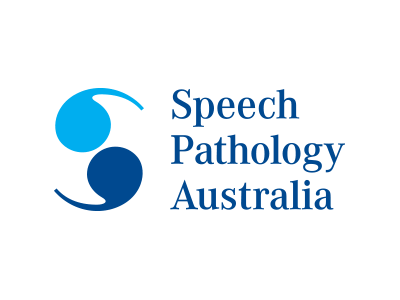
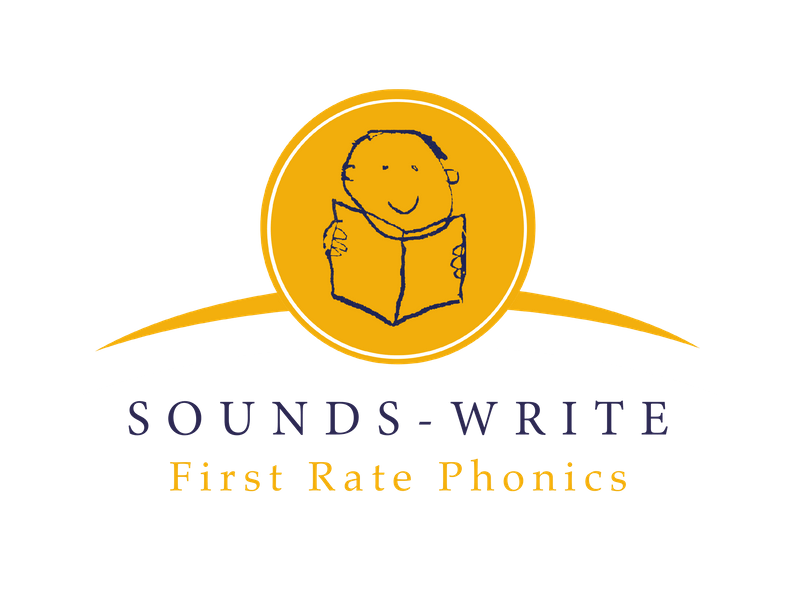



Meet Our Team
Nurturing Your Potential
Get to know our friendly and professional team of Speech Pathologists.
Book an appointment
Contact the Care Speech Team Today. Call 1300 086 280 or Leave Your Details Below.
We're super responsive
Subscribe
Subscribe to our emails for the latest articles and service information


